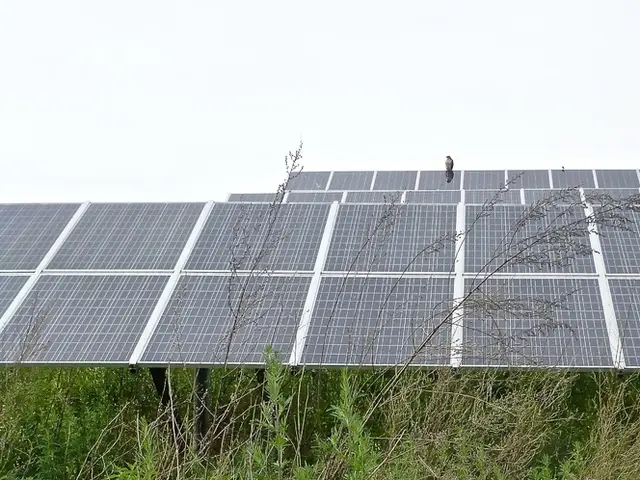South Africa Explores New Revenue Models for Municpalities in Low-Carbon Shift
South Africa is exploring new revenue models for municipalities, as the country moves towards a low-carbon economy. The release of the Climate Change Bill and ongoing dialogues aim to strengthen local governments' role in this transition.
The Climate Change Bill, recently released, seeks to empower municipalities by allowing them to earn income from electricity distribution, rather than just selling energy. This shift could help resolve the conflict between municipalities' current funding model, which relies on energy sales, and emission reduction policies.
The National Planning Commission (NPC) is actively engaged in mapping a 'just transition' roadmap for the energy sector. This process involves stakeholders and is expected to be presented at a summit in April 2019. One approach under consideration is outsourcing electricity generation to private companies, with Eskom playing a developmental and oversight role.
The Climate Change Bill, along with the NPC's 'just transition' roadmap, could significantly reshape South Africa's energy sector. Local governments, responsible for distributing and selling electricity, will play a crucial role in this transition. By earning income from distribution and implementing emission reduction policies, municipalities can help drive South Africa's move towards a low-carbon economy while ensuring access to affordable energy for all citizens.
Read also:
- Industrial robots in China are being installed at a faster rate than in both the United States and the European Union, as the global market for these robots faces a downturn.
- Galvanize Unveils $1.3 Billion Plan to Fund the Energy Sector's Evolution Pathway
- EAFO Research Uncovers Crucial Elements in Electric Vehicle Adoption within the EU
- Zeppelin's Fuel Cell Unit Powers 'Sandstedter Sommer' Festival








